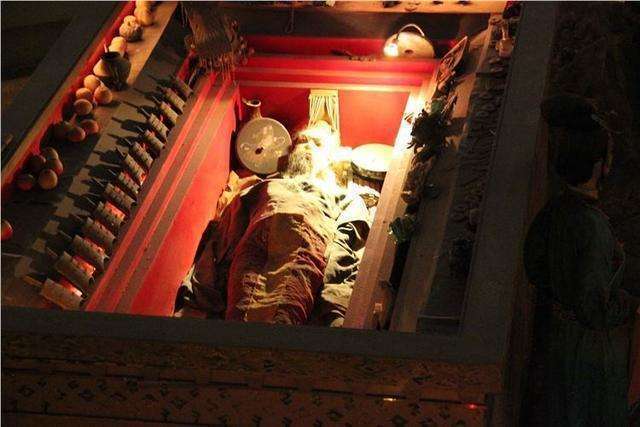
How Many People Did Qin Shi Huang Bury Alive?
Qin Shi Huang, the first emperor of a unified China, is renowned for his ambitious projects like the Great Wall and the Terracotta Army. However, his reign was also marked by brutality, including the mass burial of scholars and alchemists. While the exact number remains debated, historical accounts paint a grim picture.
The Deception and the Decree
Driven by a desire for immortality, Qin Shi Huang actively sought the counsel of alchemists, individuals believed to possess knowledge of elixirs granting eternal life. Two prominent alchemists, Lu Sheng and Xu Fu, gained the emperor’s favor. They were tasked with procuring the legendary elixir but, after years of fruitless searching and facing the emperor’s mounting impatience, concocted elaborate excuses and eventually absconded with considerable wealth.
This betrayal enraged Qin Shi Huang. Feeling deeply betrayed, he issued a decree in 212 BC known as the "Burning of Books and Burying of Scholars." This act, aimed at consolidating power and suppressing dissent, resulted in the execution of numerous scholars, with many buried alive. The emperor’s fury extended beyond intellectuals. Enraged by the alchemists’ deceit, he ordered the interrogation and subsequent execution of alchemists residing in the capital.
The Accounts of Mass Burials
Historical records offer varying estimates regarding the number of alchemists buried alive on Qin Shi Huang’s order. The most prominent account, documented in the “Records of the Grand Historian” by Sima Qian, states that “more than 460” alchemists met this fate. However, this figure doesn’t encompass the potential victims of the broader persecution of scholars.
Adding to the grim tally, Wei Hong, a scholar from the 2nd century AD, wrote in his book "Annotations to the Records of the Grand Historian" that another 700 alchemists were executed and buried in a separate incident. This suggests that the total number of alchemists killed could be significantly higher.
The Scale of the Atrocity
While the exact number of individuals buried alive on Qin Shi Huang’s order remains uncertain, historical accounts agree that the emperor’s actions were brutal and resulted in the deaths of hundreds, possibly thousands, of people. These acts, fueled by a quest for immortality and intolerance of dissent, cast a dark shadow over his reign.
Q&A
Q: What prompted Qin Shi Huang to order the mass burial of alchemists?
A: The emperor’s decision was fueled by his rage and desire for revenge after being deceived by two alchemists, Lu Sheng and Xu Fu, whom he had entrusted to find the elixir of life.
Q: Is there a definitive number of people buried alive on Qin Shi Huang's orders?
A: Historical accounts vary, and the exact number remains unknown. Sima Qian’s “Records of the Grand Historian” mentions “more than 460” alchemists, while Wei Hong’s later writings suggest an even higher figure.
Q: What was the broader historical context of these executions?
A: The mass burial of alchemists occurred within the larger context of the "Burning of Books and Burying of Scholars," a period marked by Qin Shi Huang's efforts to suppress dissent and consolidate his power.
note: This return of all, without the author's permission, may not be reproduced